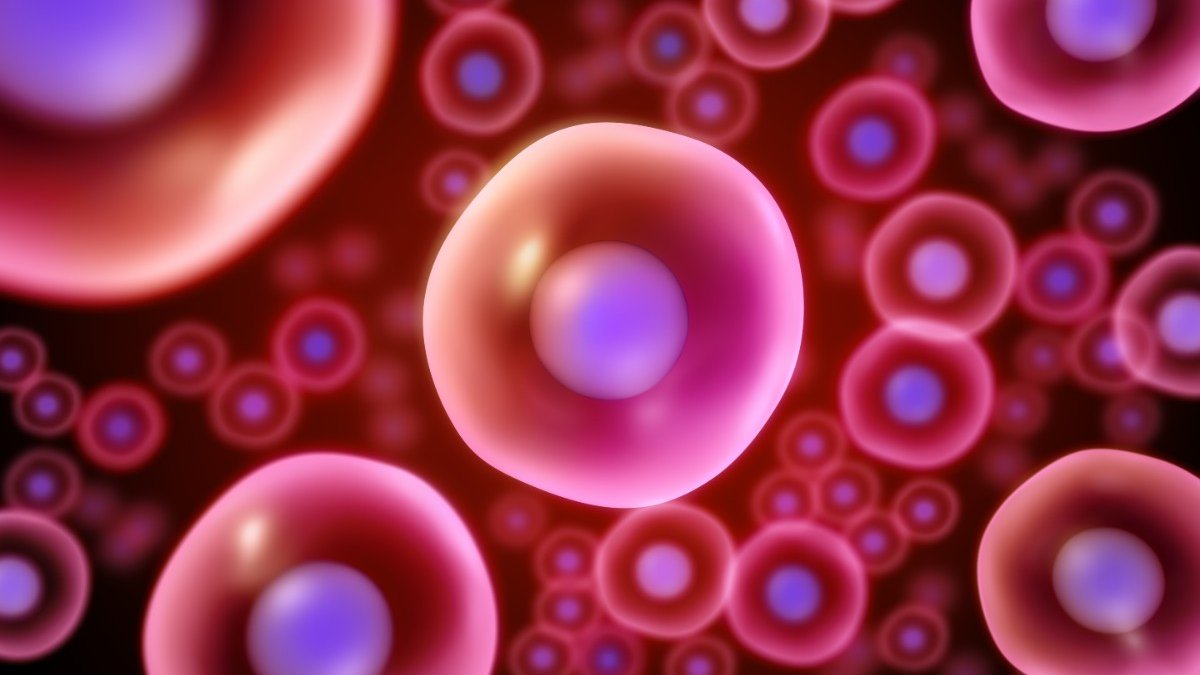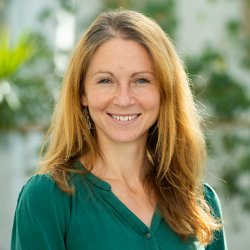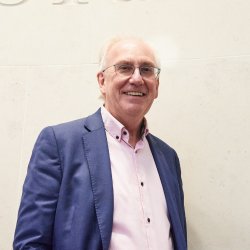New £1.5m Centre could unlock the secrets of diseases, molecule-by-molecule
A new research facility at the University of Surrey could soon help society better diagnose and treat human and animal diseases, or even help scientists trace nanoplastics through the bodies and cells of humans and animals.
Thanks to a £500,000 grant from the Wolfson Foundation, Surrey will soon open the doors to its Centre of Excellence for Bioanalytical Science. Leading researchers will use a unique blend of high-end equipment – including ion beams. The Centre will develop new ways of measuring biomarkers that are unavailable anywhere else in the world.
Biomarkers are chemical signatures widely used in biology and medicine to monitor health and wellness, diagnose diseases earlier, and understand and treat diseases. They are an essential element in veterinary medicine as well as human medicine. We will be the world’s first Bioanalytical Centre with a major commitment to animal health.
As well as enabling new research in science and medicine, the Centre will provide a specialist measurement service, train the next generation of scientists and offer an innovation hub for academic, industry, government, and NHS partners.
The Centre will make use of the Surrey Ion Beam Centre, an Engineering & Physical Sciences Research Council national research facility. The Ion Beam Centre already supports £100 million in funding from 23 universities and industries.
It will develop new methodologies not available anywhere else internationally, including multi-modal ion beam analysis – which uses high and low energy beams to precisely locate individual molecules within a cell.
Surrey’s School of Veterinary Medicine has a developed ecosystem for entrepreneurial research, vHive (the Veterinary Health Innovation Engine). It is a clearing house for new ideas that will improve animal health. The multidimensional expertise of the new Centre will uniquely enable Surrey to enhance treatment and diagnosis in a range of different species, from companion animals to livestock.
The Centre will work closely with Surrey’s SEISMIC facility to use advanced technology to analyse individual cells and parts of cells. All of the Centre's research will incorporate artificial intelligence to maximise understanding and use of findings.
The Centre will be led by Professors Anthony Whetton, Melanie Bailey and Paul Townsend.
Notes to editors
- Professors Melanie Bailey and Paul Townsend are available for interview upon request.
- For more information, please contact the University of Surrey’s press office via mediarelations@surrey.ac.uk
The Wolfson Foundation is an independent charity with a focus on research and education. Its aim is to support civil society by investing in excellent projects in science, health, heritage, humanities and the arts.
Since it was established in 1955, some £1 billion (£2 billion in real terms) has been awarded to more than 12,000 projects throughout the UK, all on the basis of expert review.
X: @wolfsonfdn
Featured Academics
Media Contacts
External Communications and PR team
Phone: +44 (0)1483 684380 / 688914 / 684378
Email: mediarelations@surrey.ac.uk
Out of hours: +44 (0)7773 479911



